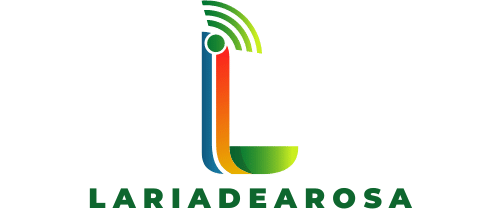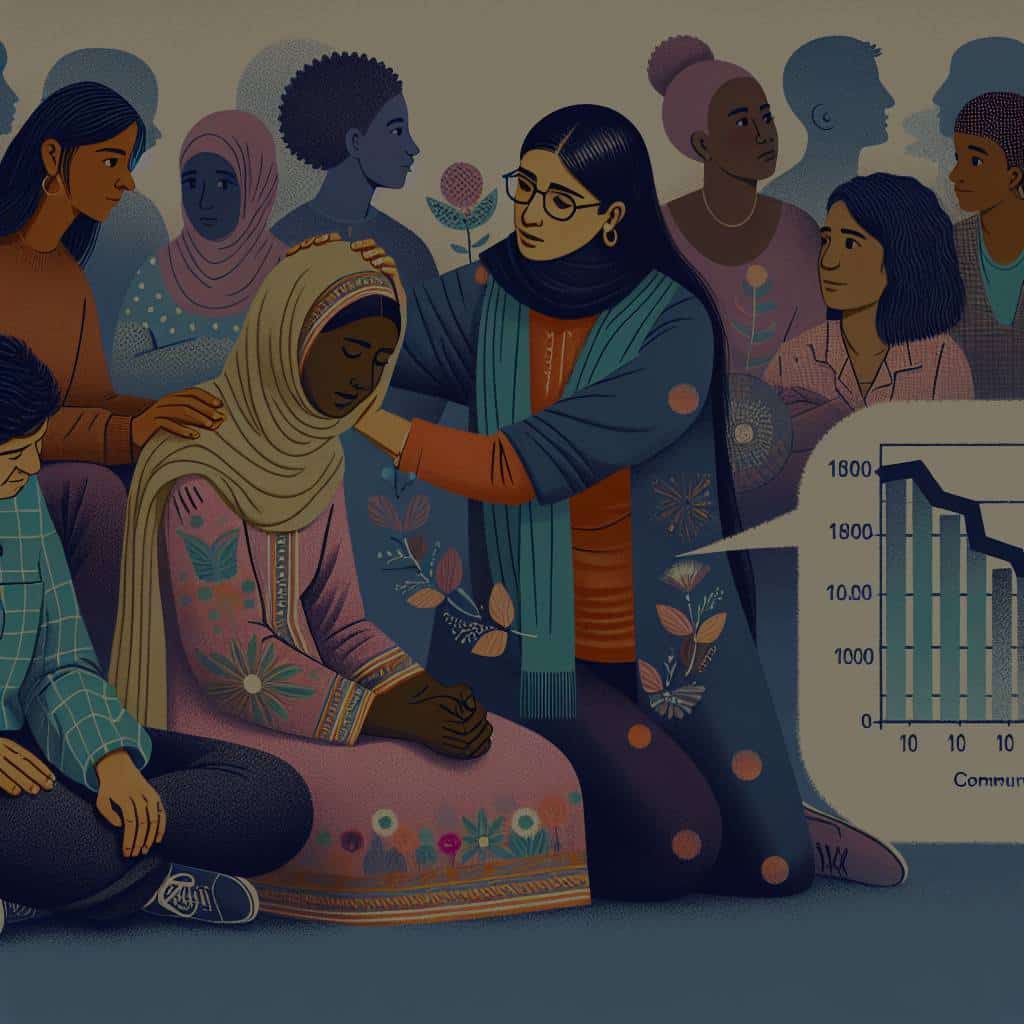The subject of Postpartum Depression (PPD) has nestled itself in the public consciousness, igniting a discourse that can no longer be silenced. PPD is a common mental health condition that affects a significant proportion of women worldwide following childbirth. It often leads to a profound impact on the well-being of new mothers and their capacity to bond with their infants. We will delve into the possibility of alleviating postpartum depression through community-based peer support programs.
Role of Peer Support Programs in Addressing Postpartum Depression
Peer support programs serve as a crucial cog in the wheel of postnatal mental health interventions. They bridge the gap between formal healthcare and informal social support networks, providing a platform for mothers to share experiences, seek advice, and find solace in the company of others who have walked in their shoes.
Also read : How Can Urban Agriculture Support Food Allergy Awareness and Safe Food Practices?
Studies published on Google Scholar and PubMed attest to the fact that peer support can curtail the pervasive effects of PPD. These programs have been shown to reduce feelings of isolation, increase self-esteem, and foster resilience among participants. In this context, peer support does not replace professional healthcare but serves as an effective complement.
A pilot study published in the Journal of Maternal and Child Health detailed the efficacy of a peer-led support group intervention in improving PPD symptoms. Women who participated reported a significant reduction in depressive symptoms, coupled with an increased sense of social support.
In parallel : Does the Use of Ergonomic Furniture in Schools Improve Student Focus and Physical Health?
Peer Support Programs: A Community-Based Approach
Community-based peer support programs are a feasible intervention for addressing postpartum depression. These programs offer a culturally sensitive and less stigmatizing approach to managing maternal mental health.
For instance, a randomized controlled trial conducted in Ontario, Canada, examined the impact of a community-based peer support intervention on PPD symptoms. The study, accessible via Crossref, found that mothers who participated in the program showed significant improvements in their mental health status.
Community-based peer support programs often lean on the power of social interaction and shared experiences. They are typically facilitated by women who have overcome PPD themselves, lending an authentic resonance to the advice dispensed. Such a platform can be a haven for mothers, grappling with the nuances of PPD.
The Power of Social Interaction and Shared Experiences
Social interaction is a potent tool in the management of PPD. Mothers often derive comfort from the shared narrative of survival and resilience. It provides reassurance that they are not alone, helping ease the distress associated with postnatal depression.
As reported in a study published on Google Scholar, the sense of belonging and acceptance derived from peer support groups can be instrumental in promoting mental health recovery. In these settings, mothers can voice their fears, share their successes, and grasp the reins of their mental health journey.
One needs to remember, however, that while shared experiences can foster understanding and empathy, they should not replace professional help. Peer support groups are not a panacea but rather a vital component of a comprehensive approach to postnatal mental health.
The Role of Digital Platforms in Peer Support
In the digital age, peer support has evolved beyond traditional face-to-face meetings. Digital platforms like online forums, social media groups, and video conferencing apps have emerged as viable platforms for peer interaction.
Research available on PubMed shows that digital peer support groups can be equally beneficial. Such platforms offer mothers the flexibility to participate from the comfort of their homes, a crucial consideration for those juggling the demands of a new baby.
Moreover, online peer support programs can reach mothers in remote or underserved areas, further underscoring their relevance. They can serve as a critical resource for mothers who otherwise might not have access to such support.
The Need for Further Research and Intervention Trials
Despite the promising results of several studies and trials, more research is necessary to cement the place of peer support programs in PPD intervention. High-quality randomized controlled trials are required to confirm the effectiveness of these interventions and to delve deeper into the factors that influence their success.
There is also a need for research to explore the potential risks and limitations of peer support programs. For instance, are there any negative implications of group dynamics, such as the potential for reinforcing negative behaviors or attitudes?
In conclusion, while peer support programs show promise in alleviating PPD, it’s clear that they are a piece of a much larger puzzle. By continuing to fund and conduct rigorous research and trials, we can better understand the true potential of peer support in combating postpartum depression.
Harnessing Peer Volunteers: An Underutilized Resource
In the quest to alleviate postpartum depression, peer volunteers emerge as an underutilized yet potent resource. These are individuals who have walked the path of PPD and emerged victorious, willing to share their wisdom and strength with others.
Peer volunteers form the backbone of community-based peer support programs. They serve as living proof that it’s possible to overcome PPD, instilling hope in the hearts of struggling mothers. They are attuned to the struggles of individuals battling PPD, rendering them adept at providing nuanced, empathetic support.
In a controlled trial detailed in Crossref Medline, peer volunteers led a support intervention for mothers at high risk of PPD. The study found that the intervention group showcased a significant reduction in depressive symptoms, as compared to the control group. The full text of the study highlighted the effectiveness of peer volunteers in creating a supportive, non-judgemental space where mothers could share their experiences.
However, it’s essential to ensure that peer volunteers are adequately trained to provide mental health support. A poorly trained volunteer may inadvertently cause harm, underscoring the need for rigorous training programs.
The Potential of Telephone-Based Peer Support
Telephone-based peer support can be a viable addition to the array of tools deployed to manage PPD. With a phone call, mothers can access the support and guidance they need, without leaving the comfort of their homes.
A study available on Google Scholar demonstrated the effectiveness of telephone-based peer support. Mothers who received such support reported lower scores on the postpartum depression scale, indicating an improvement in their mental health status.
Telephone-based support has the added advantage of being accessible to mothers in remote or underserved areas. It can bridge the gap between mothers and support resources, regardless of geographical location. However, as with all aspects of peer support, careful training and supervision of peer volunteers are critical to ensure a positive impact.
Conclusion: The Road Ahead for Peer Support in PPD Management
Community-based peer support programs, bolstered by peer volunteers and innovative approaches like telephone-based support, show incredible promise in alleviating postpartum depression. While they don’t replace professional healthcare, they serve as a crucial complement, offering a culturally sensitive, less stigmatizing approach to postnatal mental health.
Nonetheless, the road ahead calls for further research and high-quality intervention trials. It’s crucial to understand the factors influencing the success of these programs, their potential risks and limitations, and the impact of different approaches like digital platforms and telephone-based support.
In the end, the fight against postpartum depression requires a comprehensive, multi-pronged approach. With further research, careful implementation, and continuous refinement, community-based peer support programs can be a powerful weapon in this battle. As we move forward, let’s ensure we harness their full potential, for the sake of every mother grappling with the daunting shadows of PPD.






